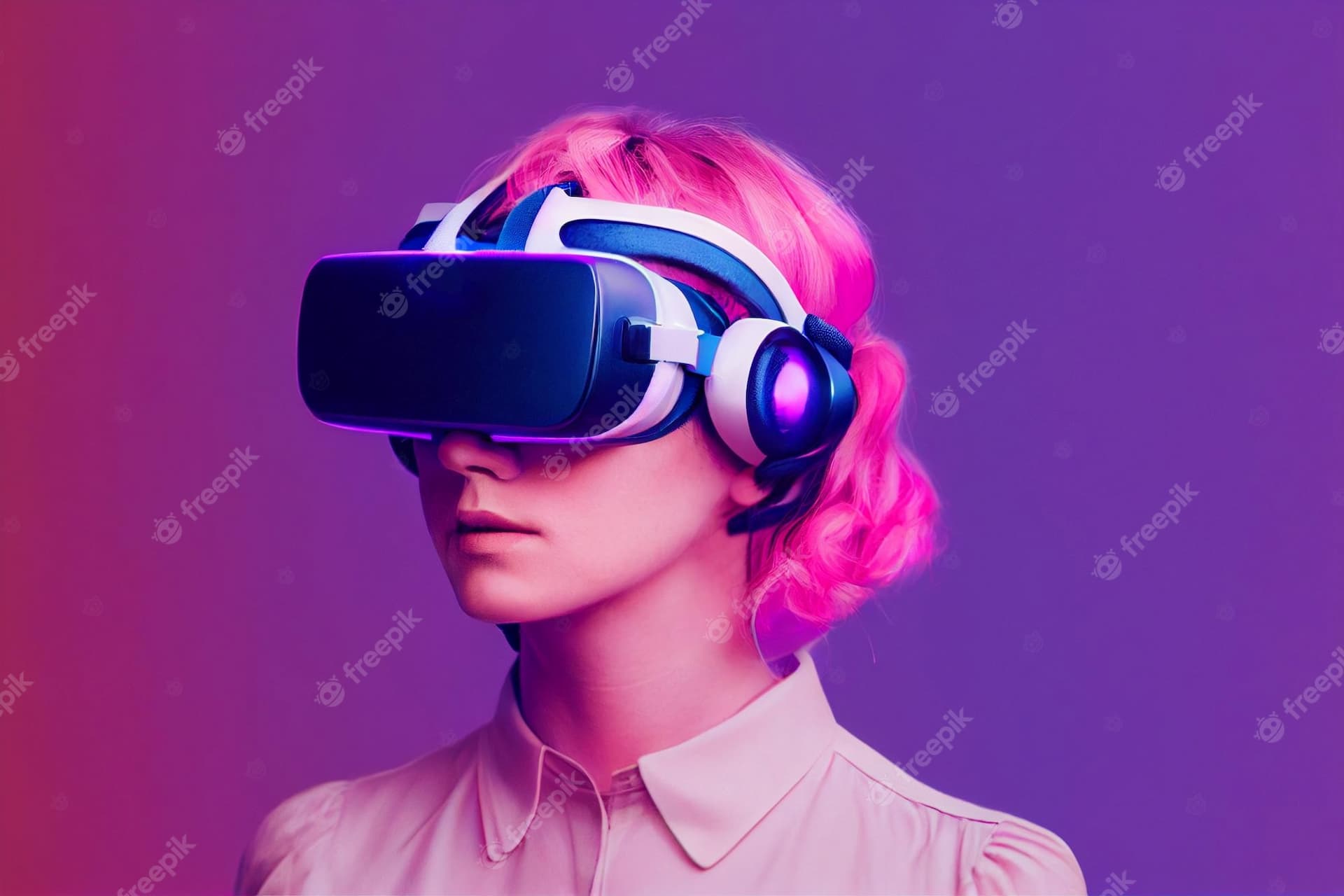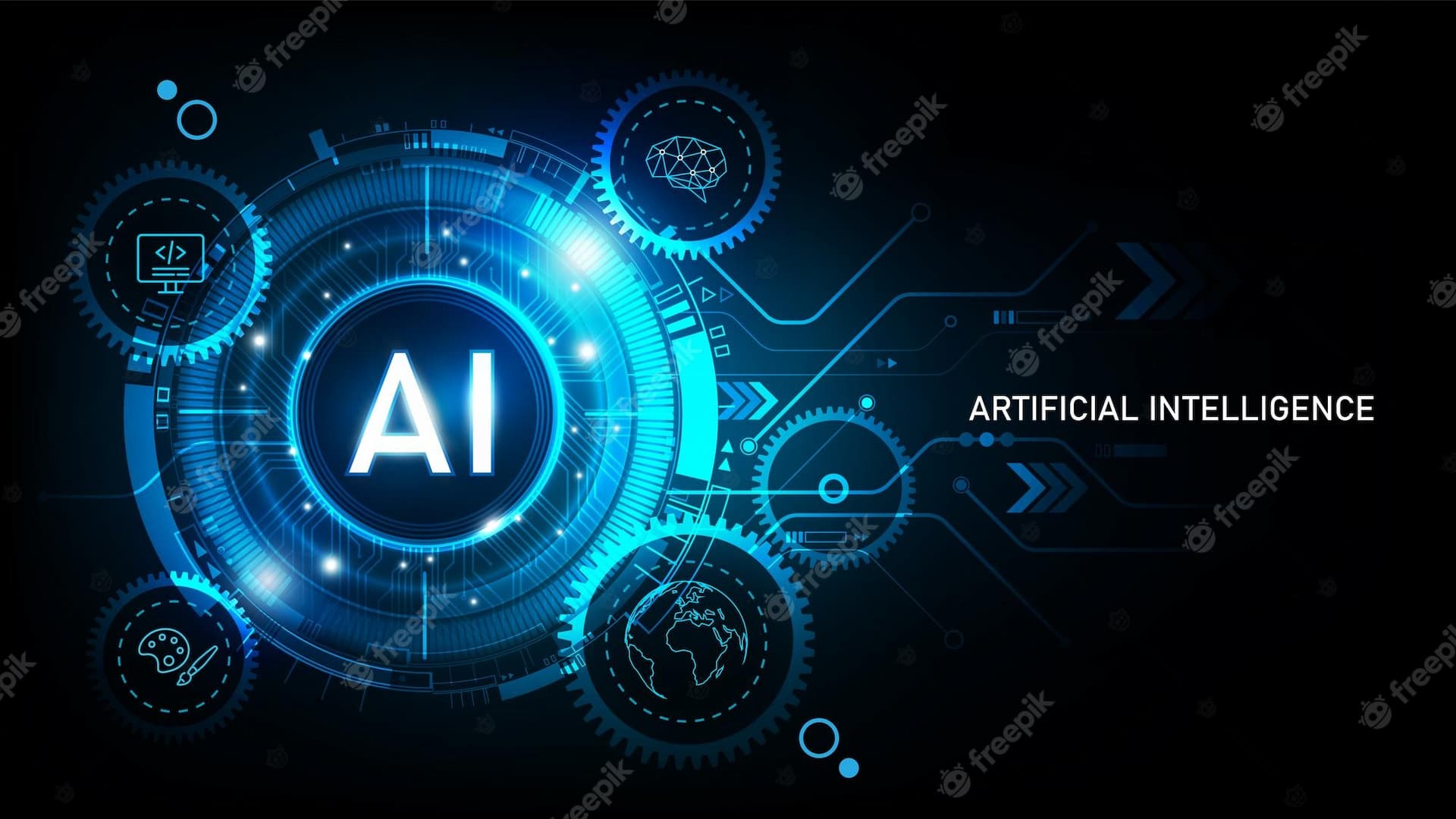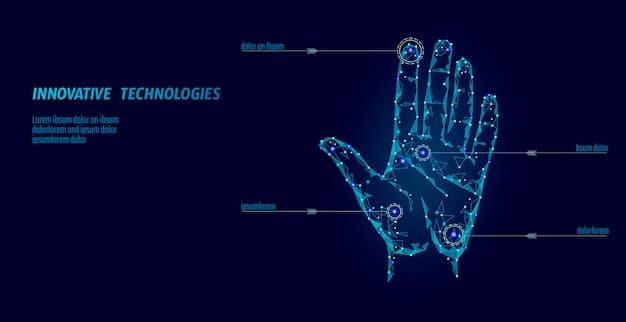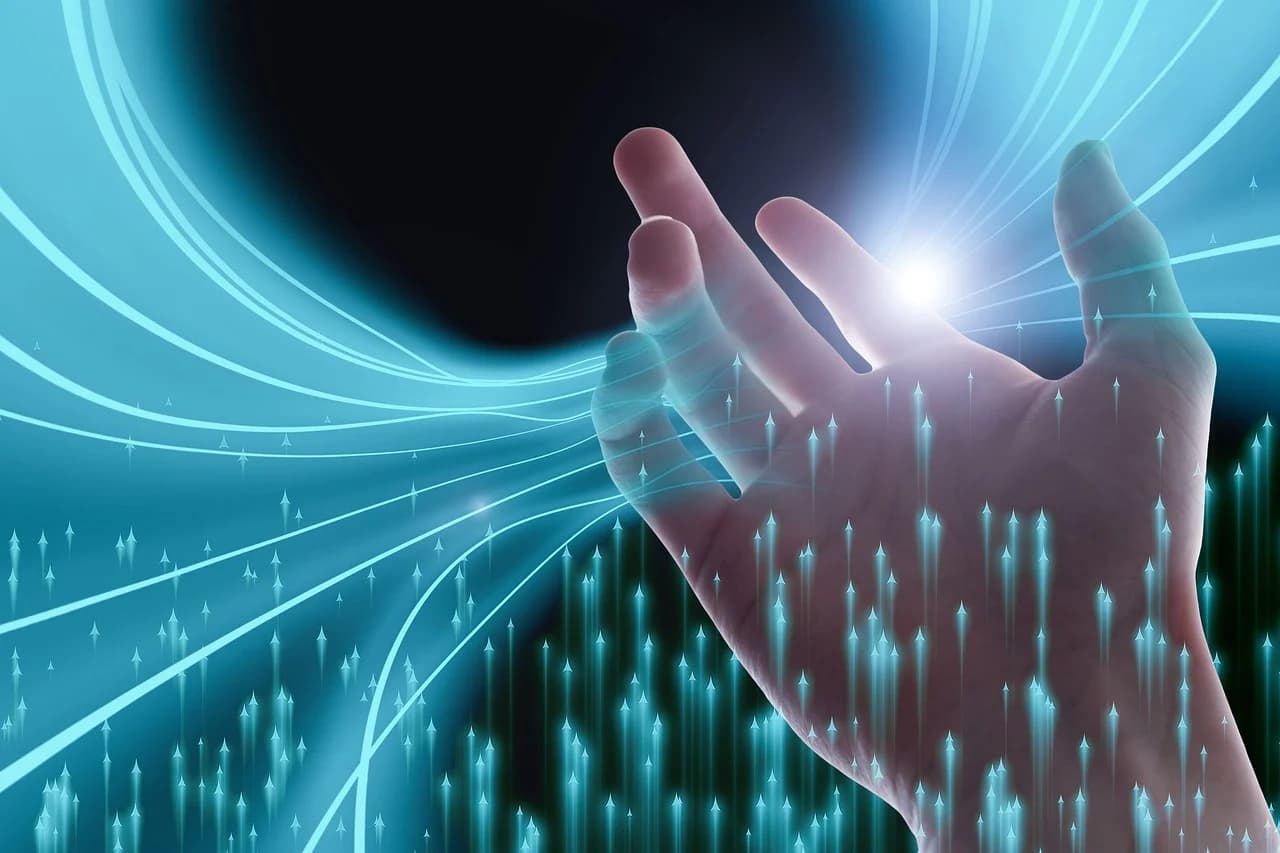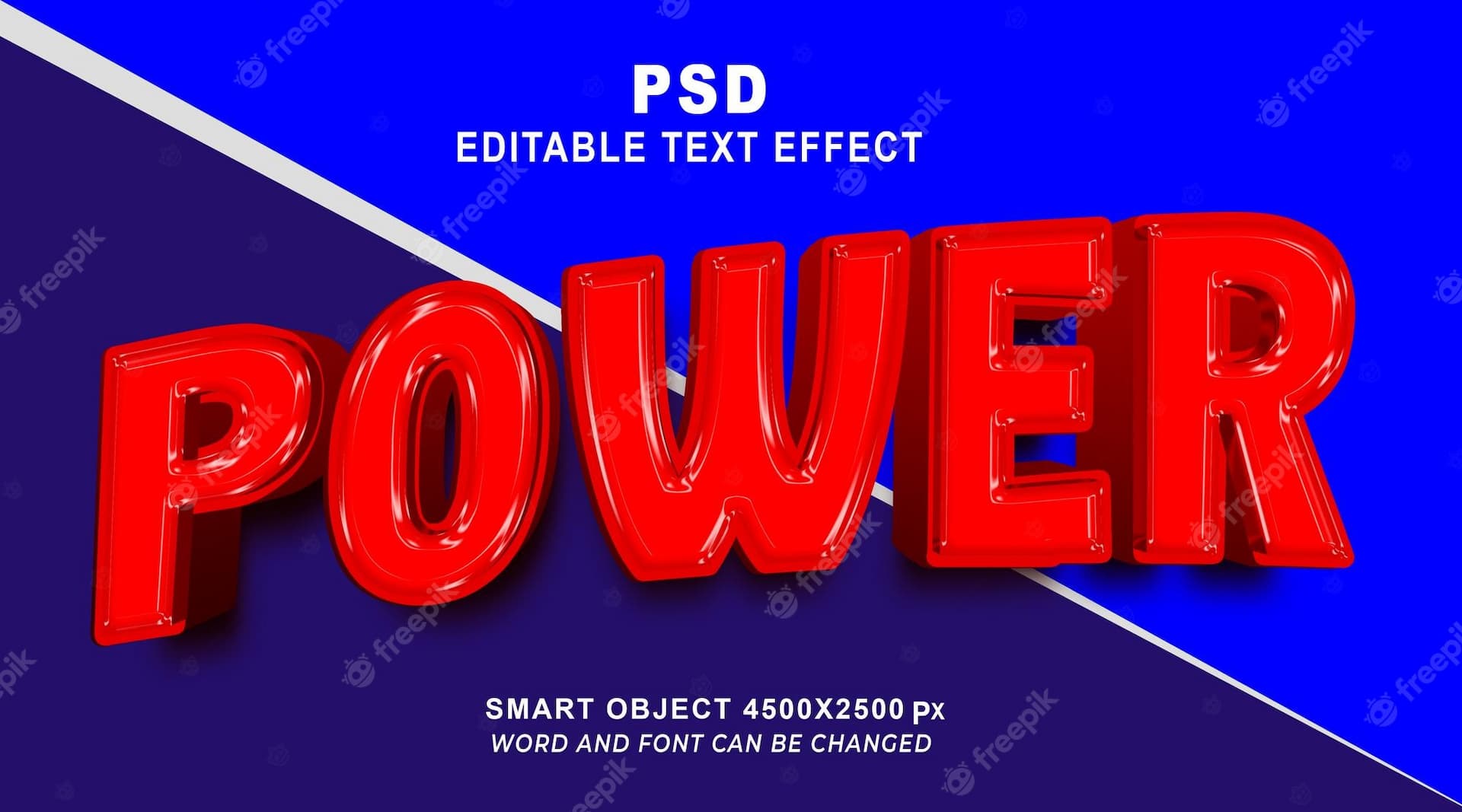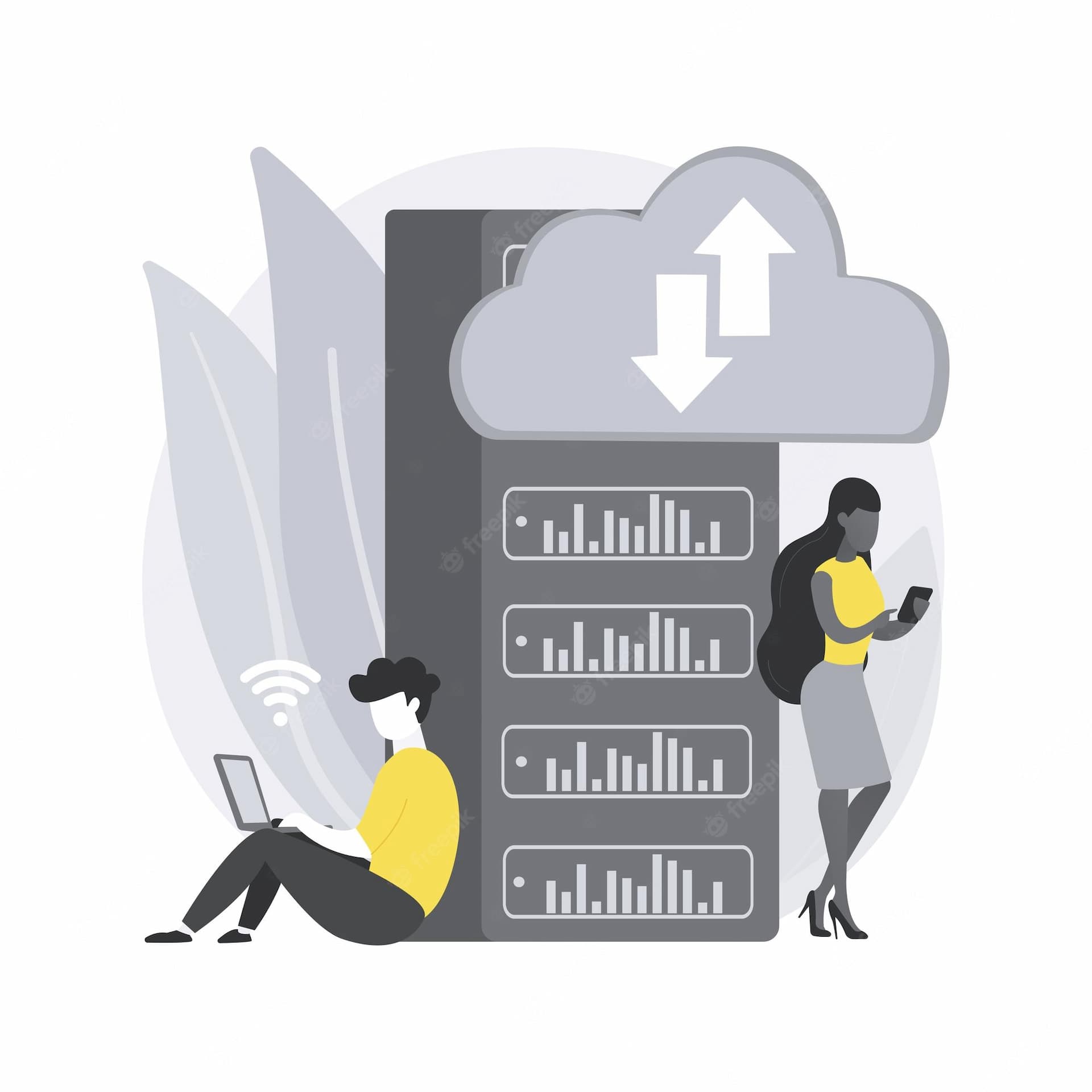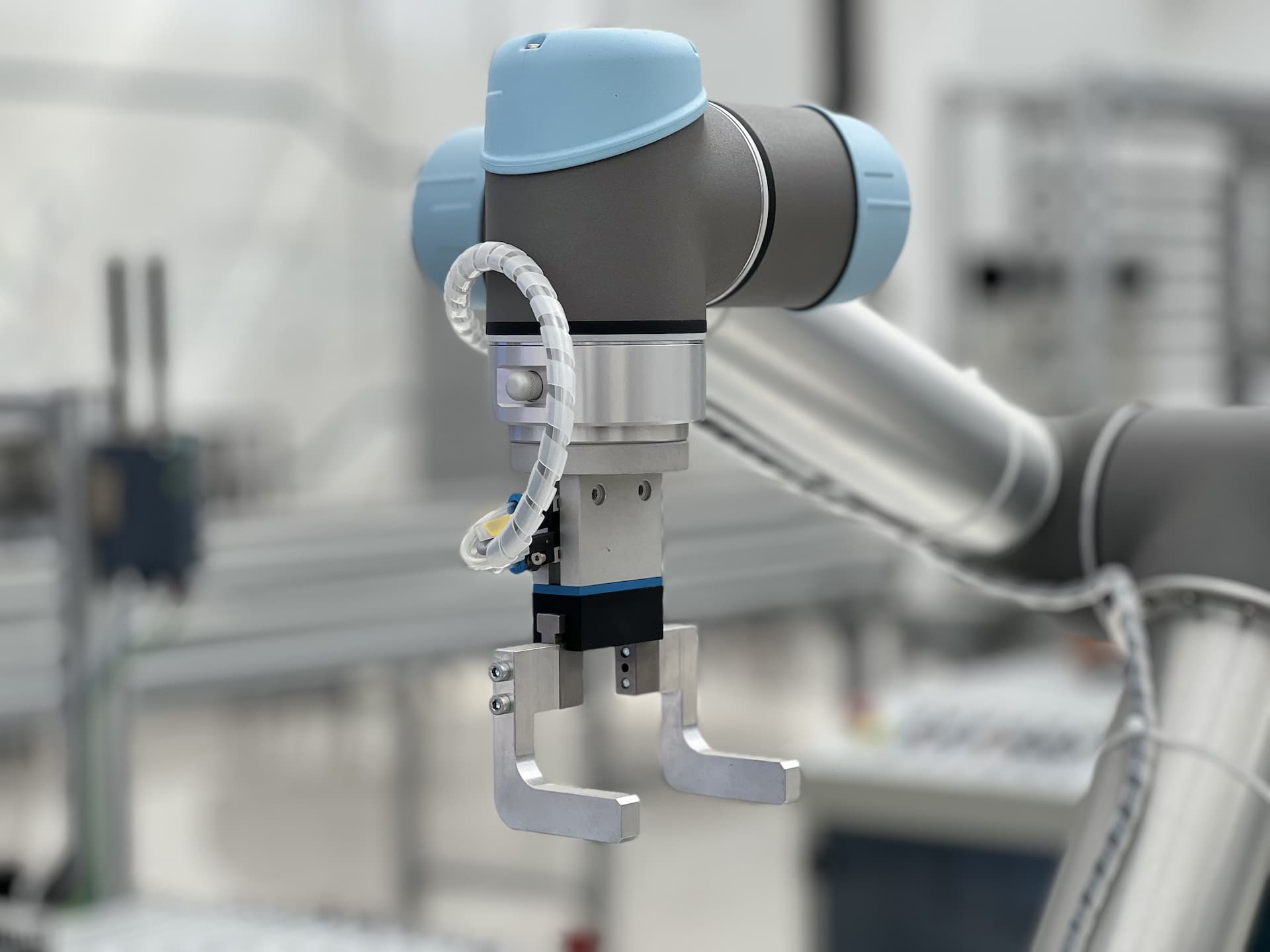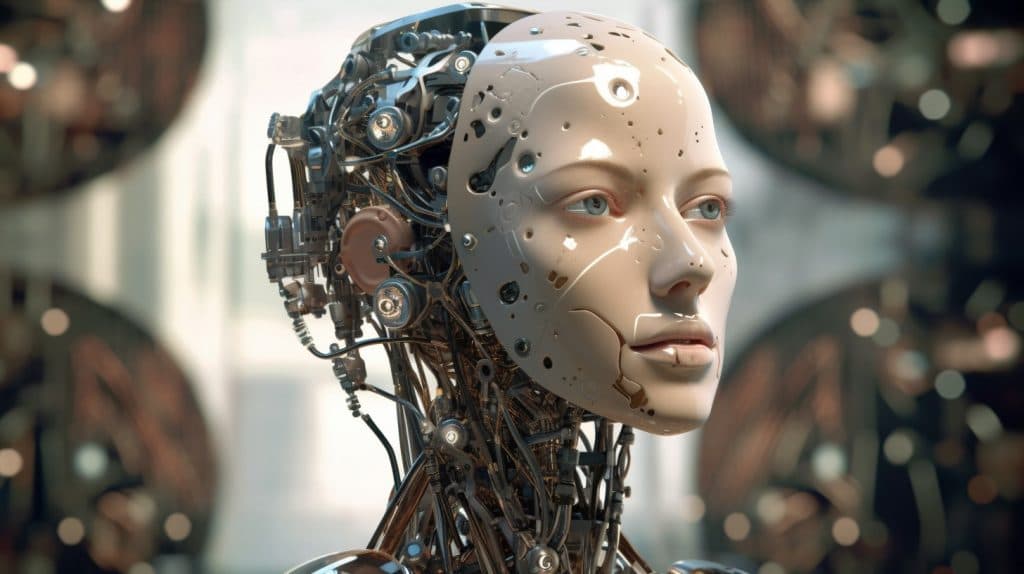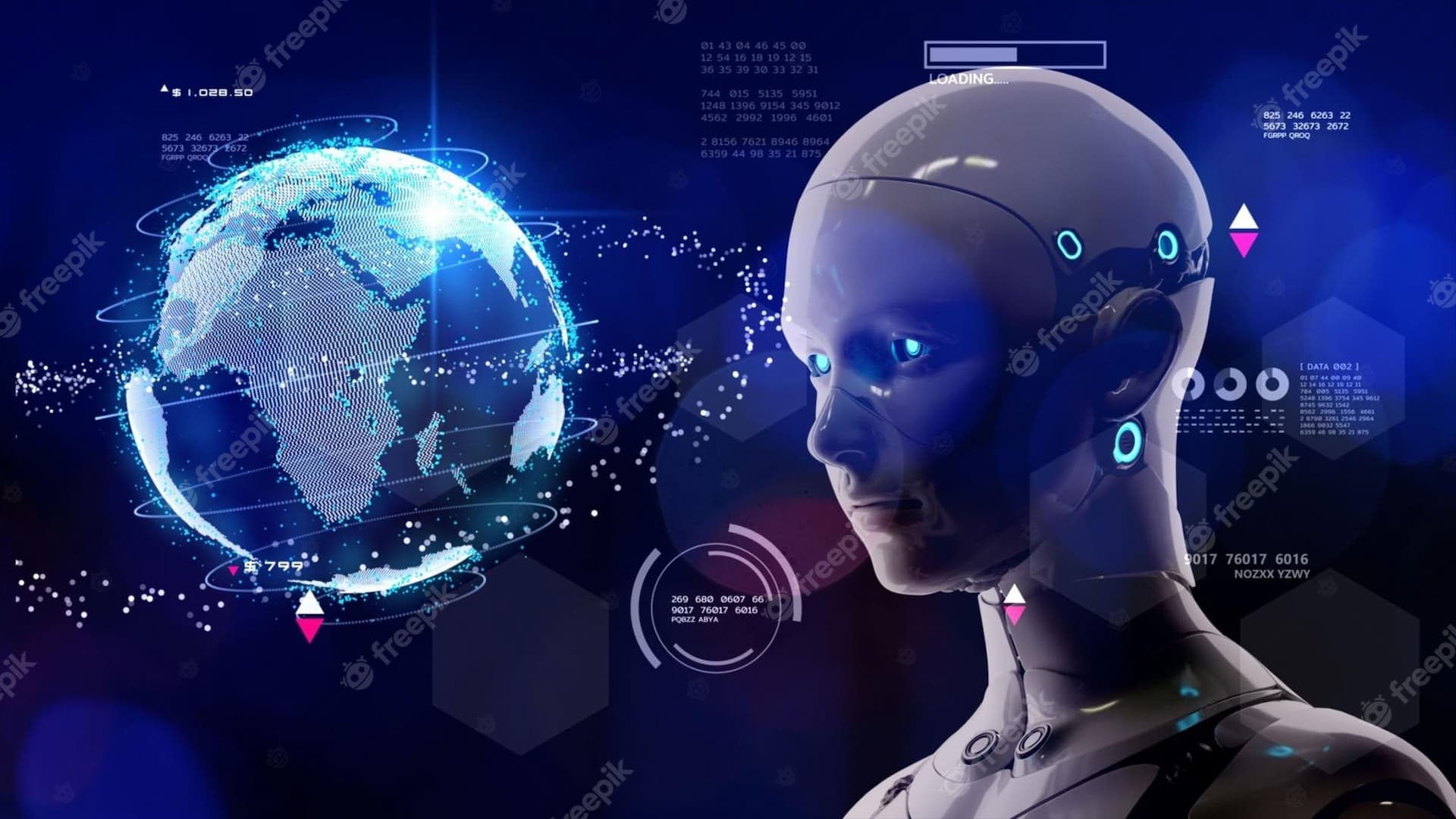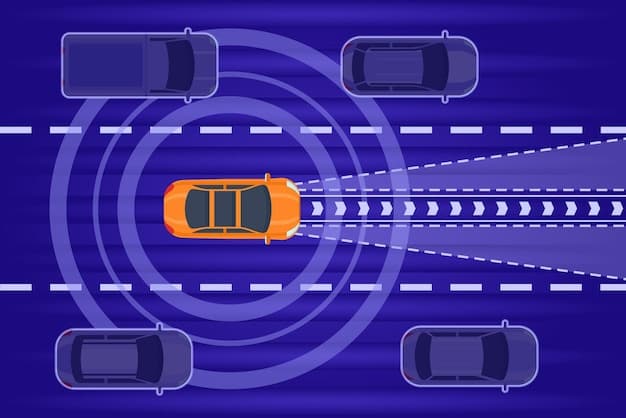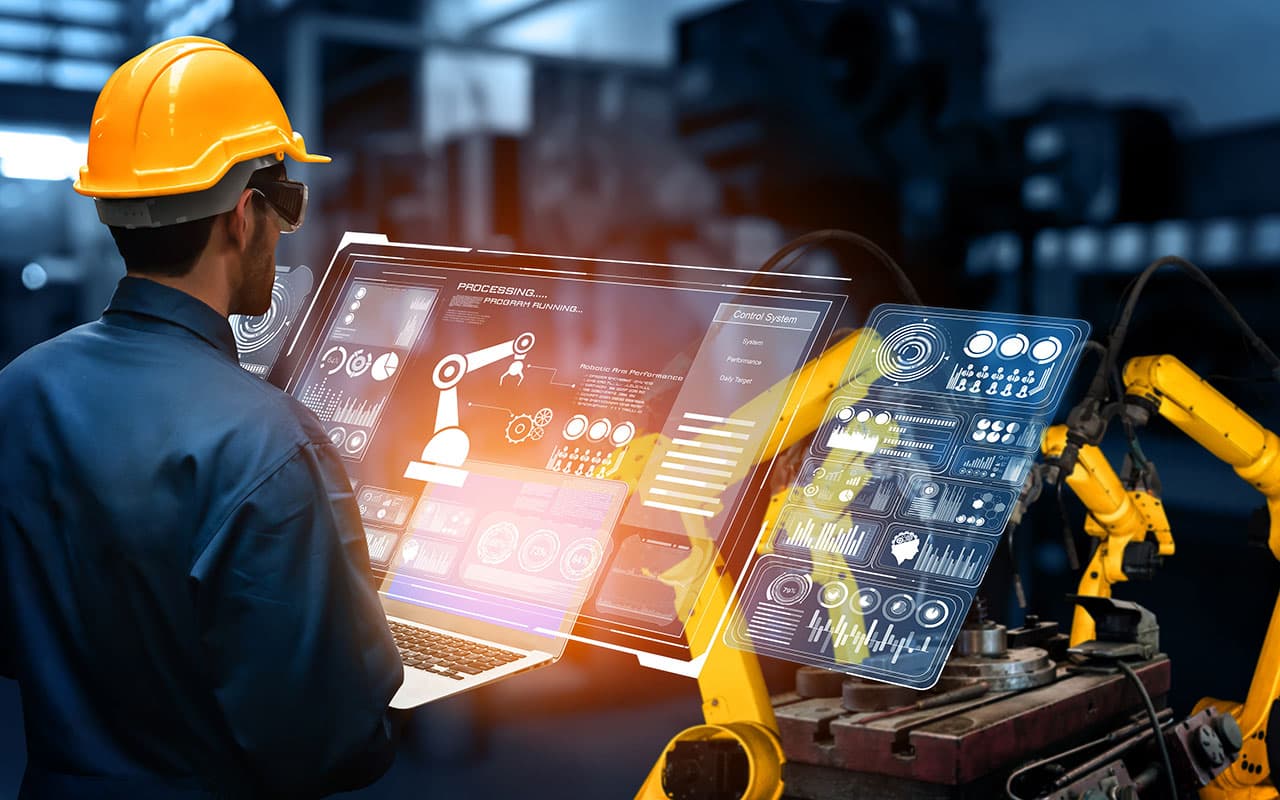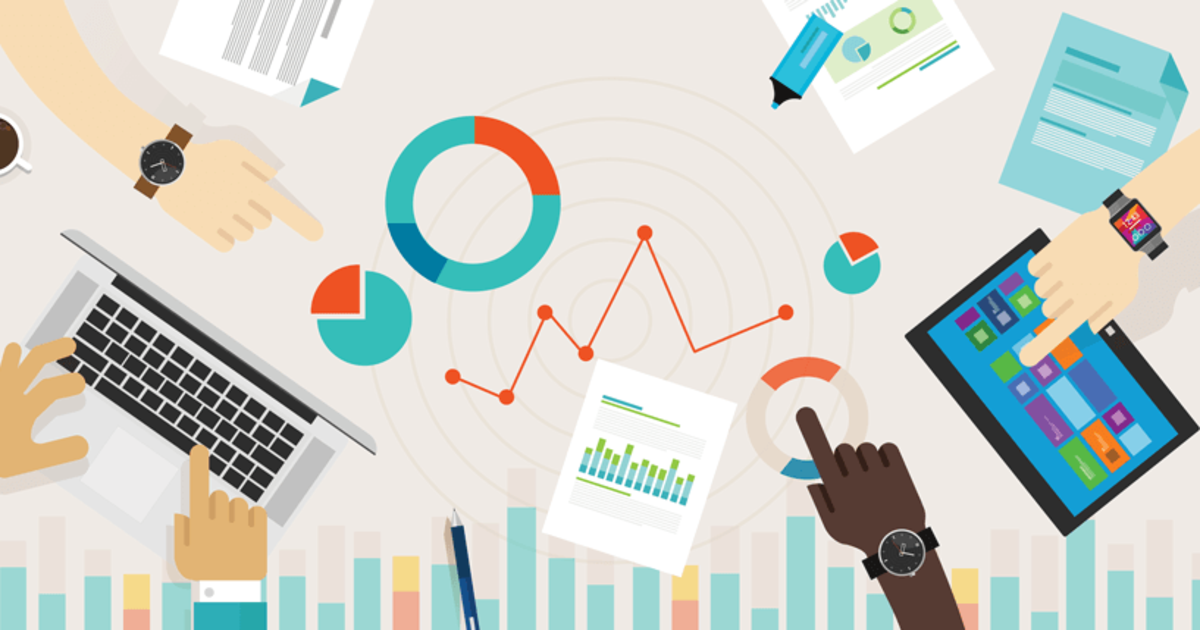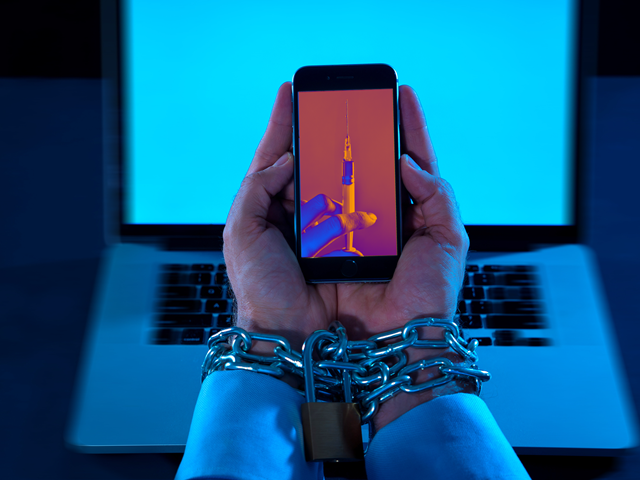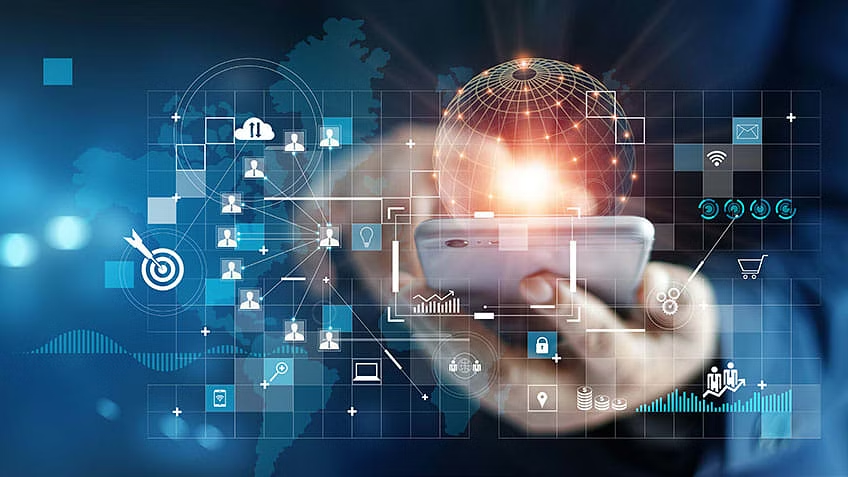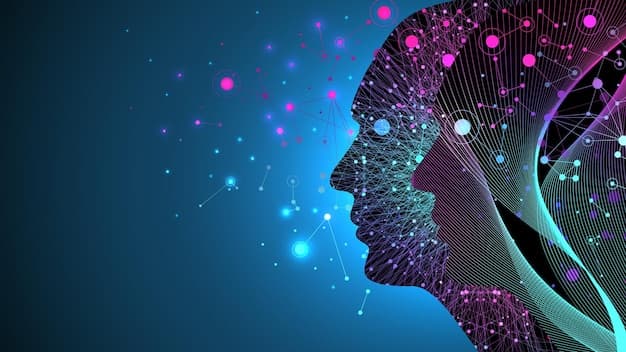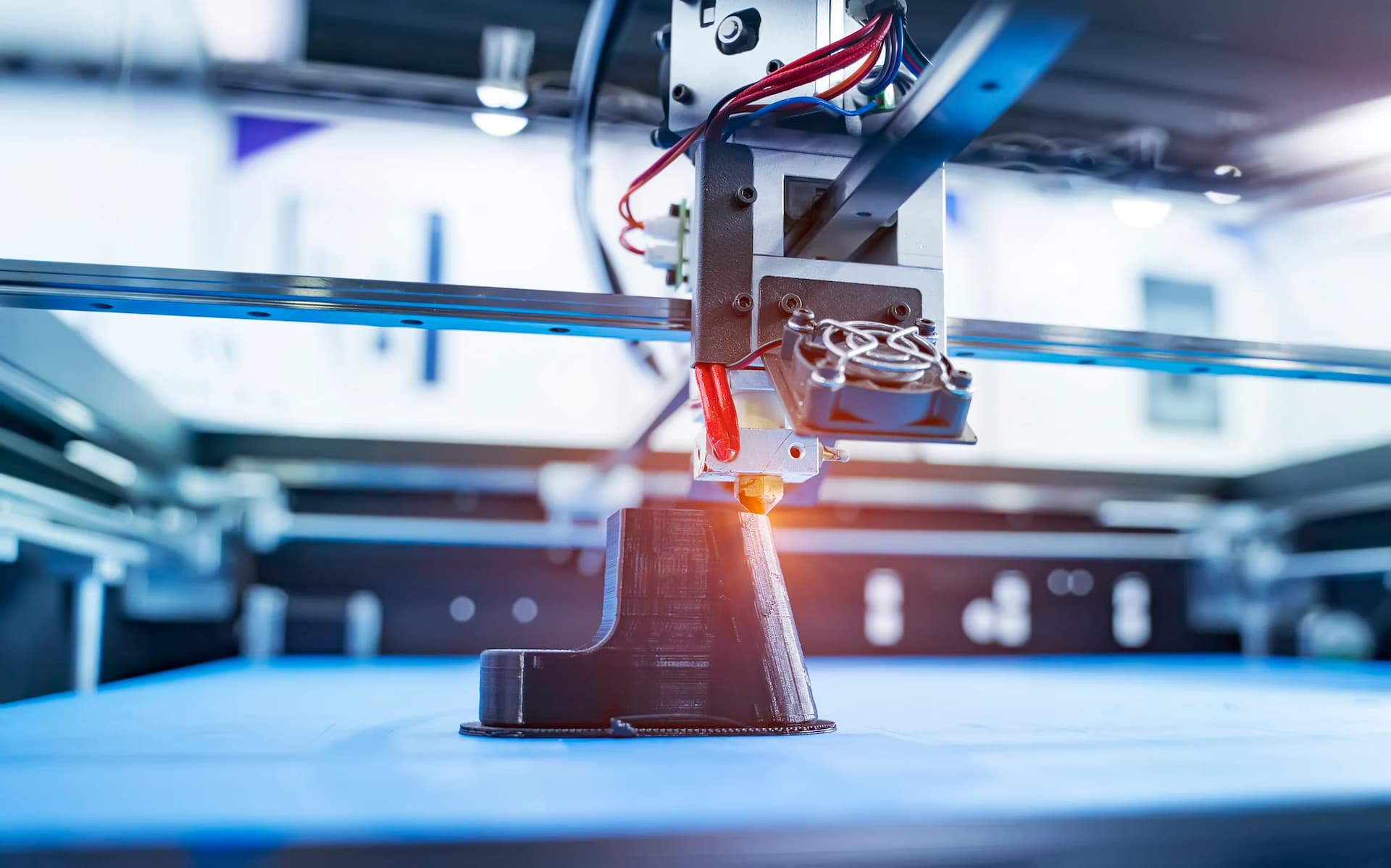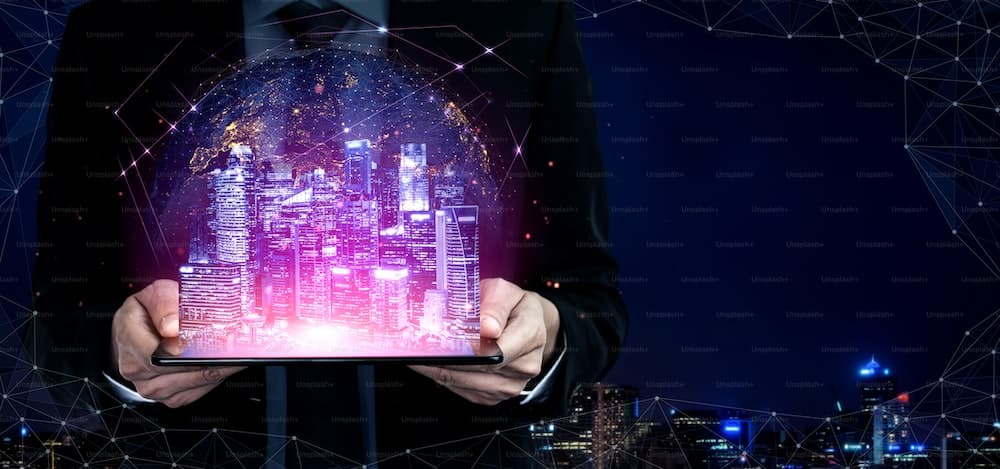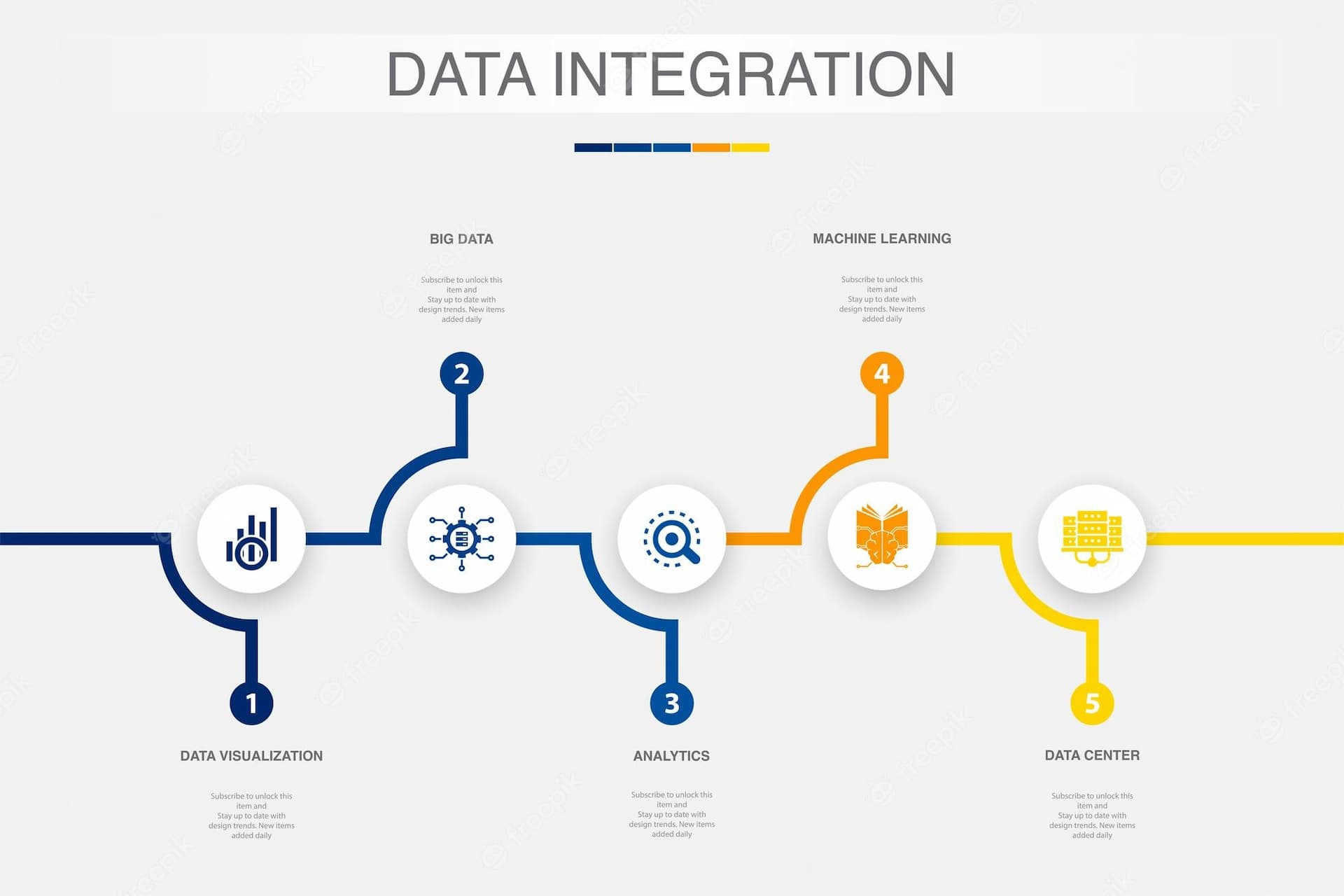
Picture Supply: FreeImages
Biometric know-how has emerged as an important device for id verification in
varied sectors, guaranteeing sturdy safety and enhancing consumer expertise.
This know-how analyzes distinctive organic traits of people, similar to
fingerprints, facial options, and voice patterns, to authenticate their
identities. Because the digital world continues to evolve, biometric
know-how is turning into extra essential for sustaining the safety and
privateness of our private info. This complete article covers the newest
improvements in biometrics and their purposes throughout totally different
sectors.
Biometric Applied sciences: An Overview
Facial Recognition
Facial recognition is without doubt one of the most generally adopted biometric applied sciences. It leverages synthetic intelligence to research facial options and match them with saved pictures or movies. The fast development of know-how has led to the event of refined algorithms able to precisely recognizing people, even when carrying masks or altering hairstyles. Moreover, 3D facial recognition know-how captures depth info of facial options, making it tougher for fraudsters to make use of pretend identities.
Fingerprint Scans
Fingerprint scans have been a dependable and correct biometric know-how for years. They depend on the distinctive ridges and patterns current on a person's fingertips for id verification. Newer know-how is being developed to seize 3D pictures of fingerprints, additional enhancing the accuracy and reliability of fingerprint scans.
Iris Recognition
Iris recognition is one other extremely correct biometric know-how that makes use of the distinctive patterns present in an individual's iris to verify their id. This know-how is turning into more and more standard in high-security purposes, similar to border management and regulation enforcement.
Voice Recognition
Voice recognition know-how analyzes a person's speech patterns and tones to validate their id. The mixing of machine studying and synthetic intelligence in voice recognition techniques has considerably improved their accuracy and ease of use. These techniques can now authenticate customers, even when they've a chilly or converse with a definite accent.
Behavioral Biometrics
Behavioral biometrics is an rising know-how that makes use of synthetic intelligence to research an individual's habits, similar to typing pace, angle and strain of keystrokes, mouse motion, and gadget interplay. This know-how creates a novel behavioral profile for every consumer, which can be utilized to verify their id. One of many predominant benefits of behavioral biometrics is its capability to detect and forestall fraud in real-time. If the system detects any irregular habits, it could possibly flag the exercise and block entry to delicate information.
Doc Verification
Doc verification performs a vital function in id verification. This course of includes authenticating the validity of government-issued paperwork, similar to passports, driver's licenses, and nationwide ID playing cards. Superior picture processing, machine studying, and massive information analytics are used to extract info from these paperwork and confirm their authenticity. Doc verification know-how is regularly evolving, with newer algorithms able to detecting extra superior types of fraud, similar to manipulated pictures, solid paperwork, and expired paperwork.
Decentralized Identification
Decentralized id is a groundbreaking idea that enables people to have full management over their private info and select who can entry it. Blockchain know-how is used to create a safe and decentralized system for verifying identities. The distributed ledger system supplied by blockchain ensures that non-public info is safe and tamper-proof. Decentralized id holds nice potential for revolutionizing id verification throughout varied industries and purposes.
Biometric Purposes Throughout Sectors
Regulation Enforcement and Public Safety
Biometrics performs a crucial function in regulation enforcement and public safety, with purposes similar to Automated Fingerprint Identification Techniques (AFIS) and Automated Biometric Identification Techniques (ABIS). These techniques retailer, search, and retrieve fingerprint pictures and topic information, enabling regulation enforcement businesses to establish and confirm people shortly. Dwell facial recognition know-how can also be gaining recognition for public safety purposes in varied settings, similar to airports, borders, stadiums, and locations of worship.
Navy Purposes
Biometric know-how is used extensively in navy purposes for figuring out enemies and securing delicate info. The US navy, as an example, has been gathering facial, iris, fingerprint, and DNA information in a biometric identification system since 2009. The Protection Forensics and Biometrics Company (DFBA) manages this method, which has helped within the arrest or elimination of hundreds of people based mostly on biometric and forensic matches.
Border Management and Immigration
Digital passports or biometric passports are actually extensively used for border management and immigration functions. These passports retailer biometric info, similar to facial pictures and fingerprints, in a safe microcontroller. Biometric authentication at border crossings, utilizing e-gates and self-service kiosks, streamlines the immigration course of and enhances safety.
Healthcare and Social Safety Applications
Biometric know-how is more and more being utilized in healthcare and social safety packages to make sure the right distribution of advantages and forestall fraud. In lots of international locations, biometric ID playing cards are issued to residents to entry authorities companies and healthcare amenities. These playing cards use fingerprint scanning and different biometric applied sciences to confirm the id of the cardholder and make sure that solely eligible people obtain advantages.
Banking and Finance
Biometrics is remodeling the banking and finance sector by offering safe and handy id verification options. Fingerprint scanning and facial recognition applied sciences are actually generally used for account entry and cell funds. Banks and monetary establishments are additionally adopting reside authentication strategies that test particular triggers to make sure that customers are genuinely making an attempt to entry their accounts.
Safety and Authentication
Biometric know-how is about to revolutionize safety and authentication strategies, offering unparalleled safety ranges. This cutting-edge know-how affords fast and correct identification of people with out guide enter or vital {hardware} investments. As biometrics turn out to be extra superior and extensively adopted, our world will turn out to be extra related and safe than ever earlier than.
Cell Funds and Digital Wallets
The growing availability of facial recognition know-how in shopper electronics has made it extra viable and commonplace for cell funds. In response to Juniper Analysis, using facial recognition for safe funds is more likely to double between now and 2025. This progress is feasible as a result of pace and ease with which biometric checks can now be carried out, enabling customers to make funds by way of cell apps in just some seconds.
Retail and Procuring Experiences
Biometric know-how is being adopted within the retail sector to boost buyer experiences and enhance safety. For instance, facial recognition techniques can establish premium clients or potential shoplifters as quickly as they enter a retailer, permitting retailers to supply personalised companies or take preventive measures. Sooner or later, we may even see the enlargement of checkout-free procuring experiences, enabled by biometric scanning and synthetic intelligence.
The Future Market of Biometrics
The worldwide biometrics market is predicted to develop considerably within the coming years, pushed by elevated funding in safety and authorities initiatives. In response to World Markets Insights, the market can be value greater than $50 billion by 2024. The expansion in biometrics may even be pushed by the democratization of the sector, as extra corporations undertake on-line and cloud-based verification platforms. As biometric know-how turns into extra accessible and reasonably priced, we will anticipate to see its widespread use throughout varied industries and purposes.
Conclusion
Biometric know-how performs a necessary function in id verification and sustaining safety within the digital world. Whereas biometric applied sciences provide dependable options for id verification, they don't seem to be foolproof and might nonetheless be weak to hacking and fraud. Due to this fact, it's essential to implement a number of layers of safety and frequently replace id verification techniques to remain forward of potential threats. By staying knowledgeable in regards to the newest developments and developments in biometrics and embracing new applied sciences, we will make sure the safety and integrity of our digital identities and defend our private info.

